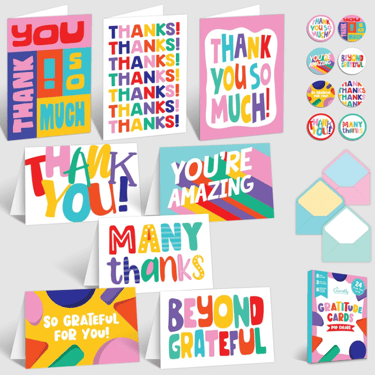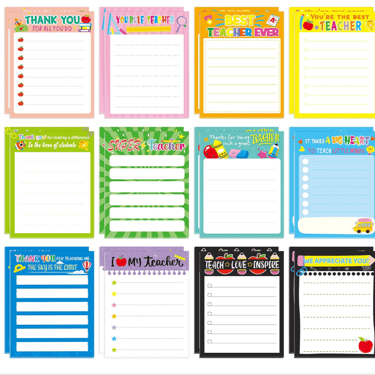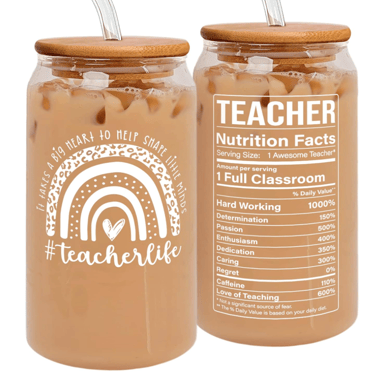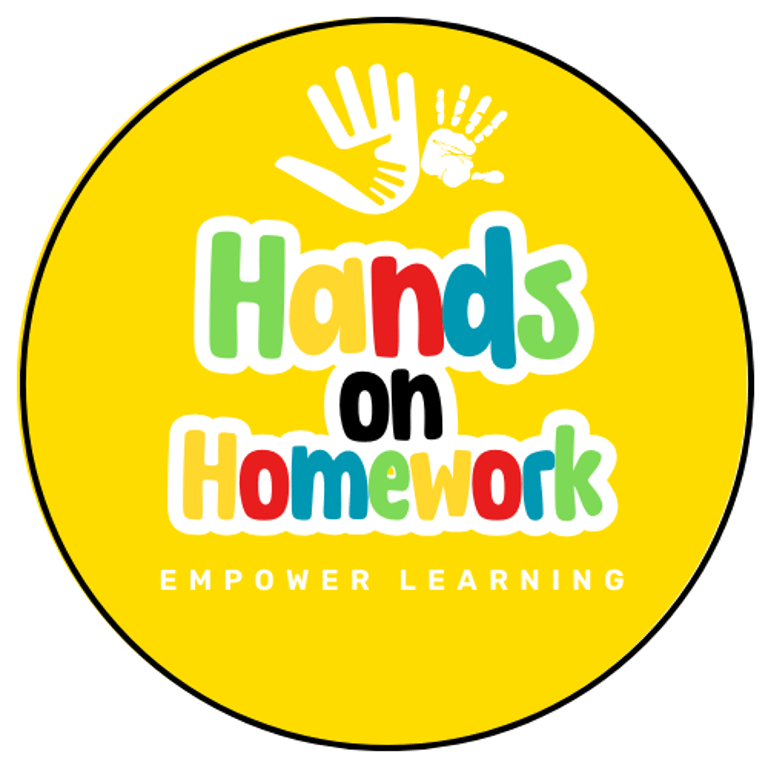Building a Parent/Teacher Connection
Starting Strong
SET YOUR CHILD UP FOR SUCCESS
7/31/20253 min read


Starting Strong: How to Build a Positive Connection with Your Child’s Teacher
The start of a new school year is a fresh opportunity—not just for students, but for parents, too. One of the most impactful things you can do early on is build a respectful and collaborative connection with your child’s teacher. Teachers appreciate proactive, thoughtful communication, especially when it helps them support your child more effectively.
Here’s how to approach this important relationship with intention, respect, and clarity.
1. Positivity
Don't underestimate the power of connection with your child's teacher. Creating a good rapport with teacher and school faculty from the start will truly impact your child's entire year. Regular communication with the teacher will show that you are interested in being involved in your child's learning.
Reach out early—ideally within the first week or two of school. A short email or handwritten note is a great way to introduce yourself. Keep it positive and concise:
Share your name and your child’s name.
Express appreciation for their role in your child’s life.
Mention that you’re looking forward to partnering with them this year.
Example:
“Hi, I’m Maya’s mom, Rachel. I just wanted to introduce myself and say how excited we are for the year ahead. Maya’s really looking forward to second grade. Please don’t hesitate to reach out if there’s ever anything I can do to support the classroom.”
This small gesture lays a friendly foundation without asking for anything right away.
2. Communicate Your Child’s Needs Clearly—but Respectfully
Once the lines of communication are open, you can follow up with a message that explains your child’s learning style, any specific needs, or relevant background information. The key is to focus on support, not demands.
Here’s how to frame it:
Stick to facts, not judgments. Instead of saying “Last year’s teacher didn’t understand my son,” say “He does best when directions are given one at a time.”
Be brief but specific. Teachers are managing many students. Highlight the most important things they should know.
Show trust. Let the teacher know you believe in their ability to guide your child and that you want to be part of the team.
Example:
“I wanted to share a little about Maya’s learning style. She thrives when she knows what to expect and tends to get overwhelmed by noisy transitions. It really helps if she has a heads-up before the class changes activities. We’ve been working on some strategies at home and would love to keep communication open if anything comes up.”
This kind of message shows that you’re not just advocating—you’re also collaborating.
3. Ask, Don’t Assume
If you have concerns or requests, frame them as questions. This signals that you’re open to the teacher’s expertise and are looking to partner, not direct.
Instead of: “Please move my child to the front of the class.”
Try: “We’ve noticed Maya gets distracted in larger groups—do you think a seat closer to the front might help her focus better?”
4. Be Patient and Give it Time
It takes time for teachers to get to know your child—and for your child to adjust to the classroom culture. Check in after the first few weeks, if needed, but avoid micromanaging. You’re building a long-term partnership rooted in mutual respect.
5. Say Thank You—Often
Teachers and assistant teachers rarely hear enough gratitude.
On your end, gifts keep communication open when things are going well so you can feel comfortable speaking with the teacher if you need to address an issue. A quick “thank you” note during the semester or small gift when you notice that your child is enjoying the classes, goes a long way. Holidays are an appropriate time It reminds the teacher that their efforts matter and keeps your relationship strong.
Final Thoughts
Your child’s teacher is one of their most important allies during the school year. When parents and teachers communicate with mutual respect and openness, everyone benefits—especially your child. Even if your child is uncomplicated and doesn't have any specific needs on a day-to-day basis, it's guaranteed that they will need a little special attention at some point during the year.
Start small, be honest, and approach with kindness. It doesn’t take much to build a meaningful connection that can make a big difference all year long.



https://amzn.to/4laC9tV note pad gifts
https://amzn.to/45jdrSj thank you cards
https://amzn.to/3JiOeA0 glass tumbler gift
